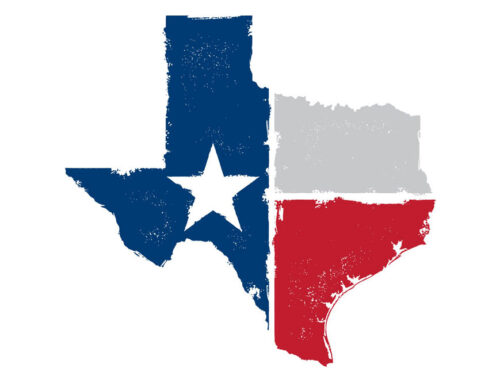When you hear “estate planning”, you probably think wills, trusts, and powers of attorney. That’s what attorneys do think about. But estate planning is about transitioning your life. There is more than just transferring your assets, it is about transitioning the things you do and the ways people rely upon you. If you are a major contributor to the household budget, planning should involve life insurance. But beyond the financial, stop and think about these things:
- Are you primarily responsible for making investment decisions for your family? Who is going to do that when you are gone?
- Do you keep the family finances? Who has online access to your bank accounts, bill paying or accounting programs, or even knows where your records are?
- Do you have your computer password stored in a safe place, but where your executor can find them?
- Do you have a collection that you are uniquely talented in curating, such as a gun collection, art, classic automobiles, or any other item that it would be difficult for your executor to effectively sell because they lack your expertise?
- Do you arrange for your household services (lawn care, cleaning, house maintenance)? Does your executor know how to locate these vendors to be able to continue to take care of your property properly?
So, as part of your estate planning, make the uncomfortable decision to think of what the world would look like without you. Where would the hole be in your loved ones’ lives and how do they need assistance to fill that hole?
We are here for your legal planning, but we want you to have not just good estate planning documents, but a successful estate.
David M. Pyke
This material has been prepared for informational purposes only, and is not intended to provide, and should not be relied on for, specific tax, legal or accounting advice. We can only give specific advice upon consulting directly with you and reviewing your exact situation.





